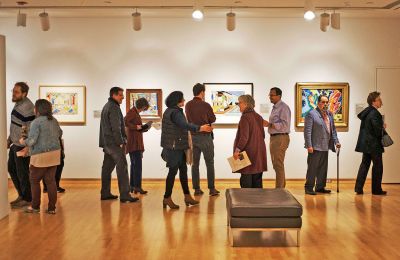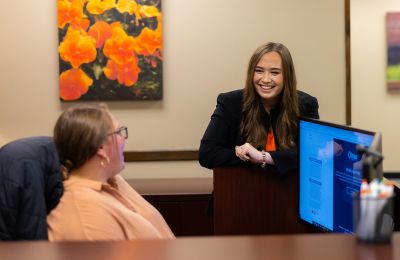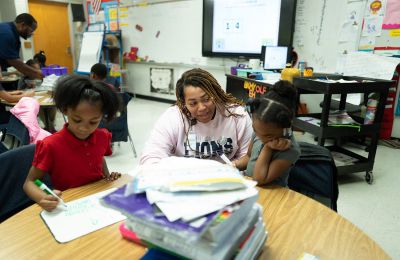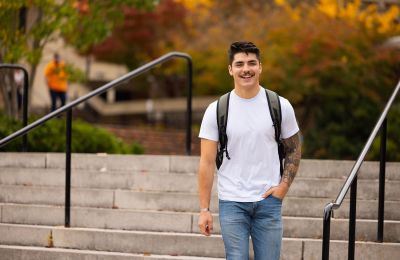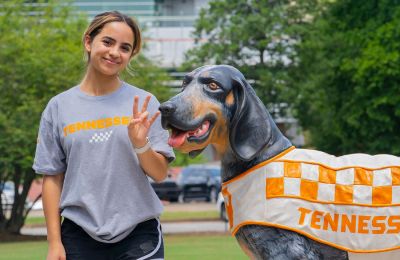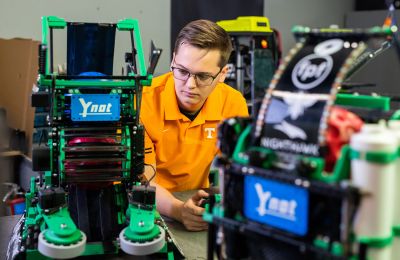As a teenager during the Watergate hearings in 1973, Baker Center Director Matt Murray remembers vividly when Senator Howard Baker asked the pivotal question, “What did the president know and when did he know it?”
Baker (’49) was an attorney who graduated from UT and served as a Republican US senator from Tennessee for 18 years. During his storied political career, he was vice chair of the Senate’s committee on Watergate, chief of staff for President Ronald Reagan, and US ambassador to Japan under President George W. Bush.
What truly defined Baker as “the great conciliator,” as he was known in the Senate, was his ability to cross party lines and develop policies that benefited the greater good. Murray says this principle of political cooperation is at the heart of the center’s mission.
“One of the underlying themes of the Baker Center today is the importance of civility and respect,” Murray says. “That’s something that Senator Baker brought to the table as an elected official.”
Baker worked with UT to establish the Baker Center in 2003 and remained involved until his death in 2014. Through public lectures, research initiatives, and policy-based student programs, the center keeps Baker’s legacy of leadership alive.

Students intern with the Tennessee Legislature, US Congress, FBI, US State Department, National Science Foundation, UK Parliament, and more. Learn about internships.
The Baker Center stresses the importance of research in developing public policies and divides its focus areas into energy and the environment, global security, and leadership and governance. By engaging in fact-based research, Murray believes, students are able to eschew partisanship and reach solutions.
“Baker wanted an informed citizenry and he wanted an engaged citizenry, and those two things are key to what we do here,” Murray explains. “Almost everything we’re doing has got a research focus to it. What we’re interested in doing is policy research that can inform good policy decision making.”
The center offers a variety of programs for students. Baker Ambassadors organize events and meet with elected officials and policy experts.
A voluntary thesis program called Baker Scholars enables juniors and seniors to discover the ties between their area of study and public policy. After winning prestigious scholarships including Fulbrights, Schwarzmans, and Borens, recent Baker Scholars have traveled the globe doing undergraduate and graduate research.
Understanding public policy is valuable to almost any field, says Katie Cahill, associate director of the Baker Center. Students whose majors range from biomedical engineering to dentistry have participated in the center’s programs.

Student research areas include health care, economics, finance, law, energy, global security, foreign languages, refugee policies, and more. Learn about research opportunities.
“We really want the Baker Center, both at the student level and at the faculty level, to be seen as a convener of important interdisciplinary conversations that have policy relevance,” Cahill says.
In 2017, the center began the Washington Program, a rigorous two-week course in the nation’s capital. Students examine work by top US policymakers and write a policy brief.
“They get a real sense of all of the aspects of Washington and how those players interact with each other,” Cahill says.
The Baker Center has hosted talks by then-Vice President Dick Cheney, retired Supreme Court Justice Sandra Day O’Connor, former NBC Nightly News anchor Tom Brokaw, and Washington Post journalist Bob Woodward. It also hosted a debate in Tennessee’s 2018 US Senate race between then-US Representative Marsha Blackburn and former Governor Phil Bredesen.
Through partnerships with C-SPAN, Oak Ridge National Laboratory, and the UT Department of Political Science, the Baker Center continues to explore the far-reaching importance of public policy. Following Howard Baker’s example, students engage in difficult, yet necessary, public policy discussions.
“What we ask our students to embody is the commitment to public service as a calling,” Cahill says, “but also to the principles of integrity and civility that allow them to come together in heated conversations and to learn from each other in meaningful and important ways.”
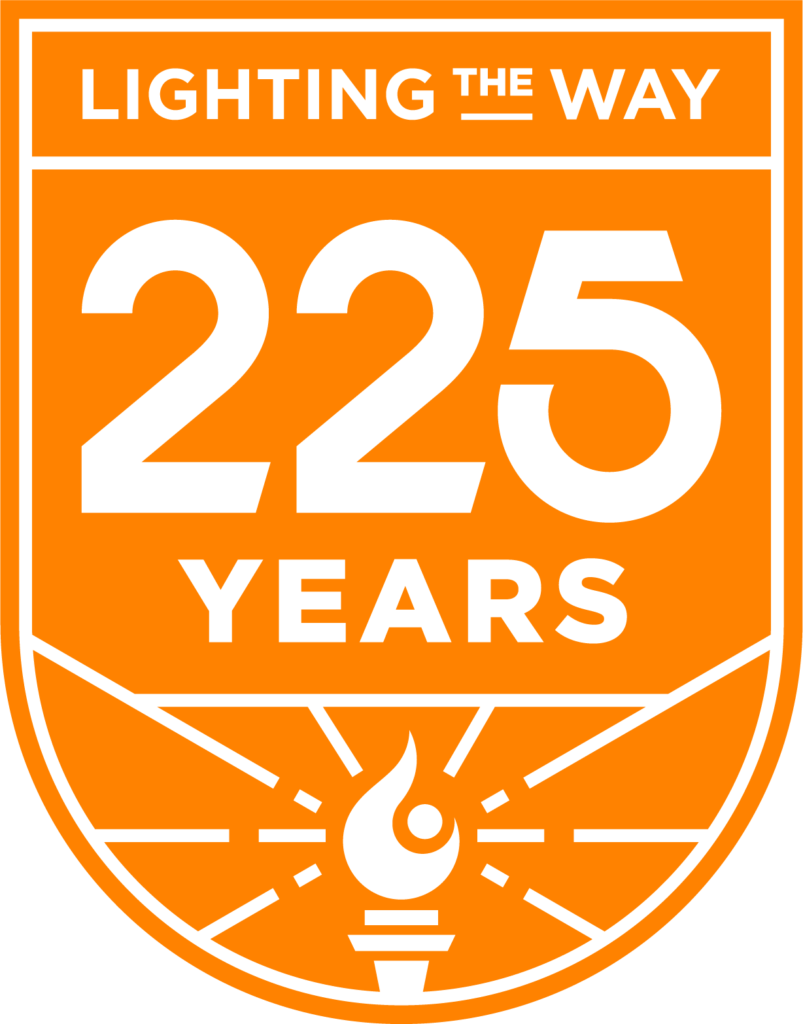 This story is part of the University of Tennessee’s 225th anniversary celebration. Volunteers light the way for others across Tennessee and throughout the world.
This story is part of the University of Tennessee’s 225th anniversary celebration. Volunteers light the way for others across Tennessee and throughout the world.







